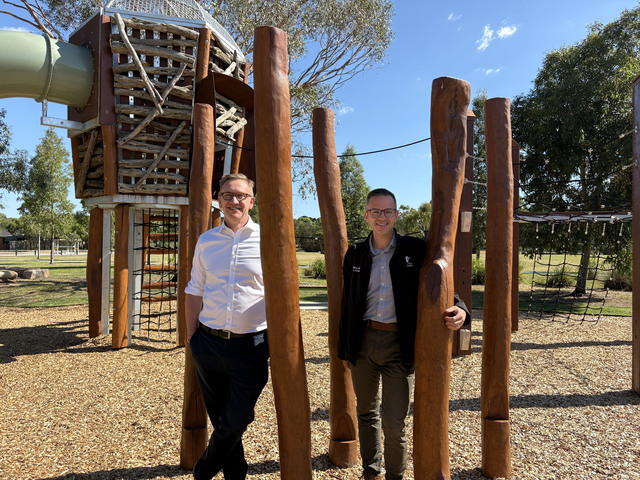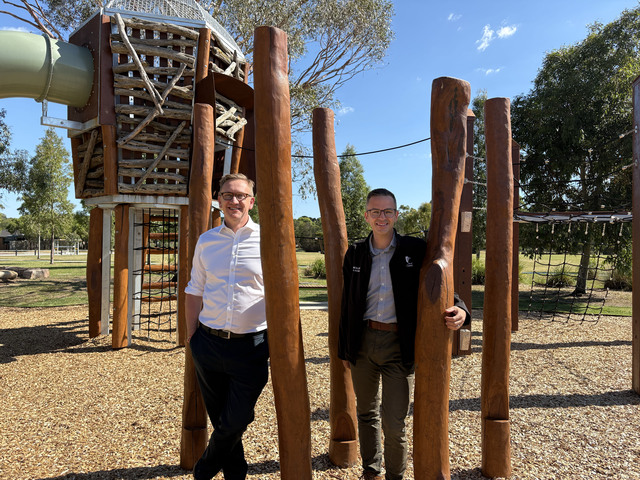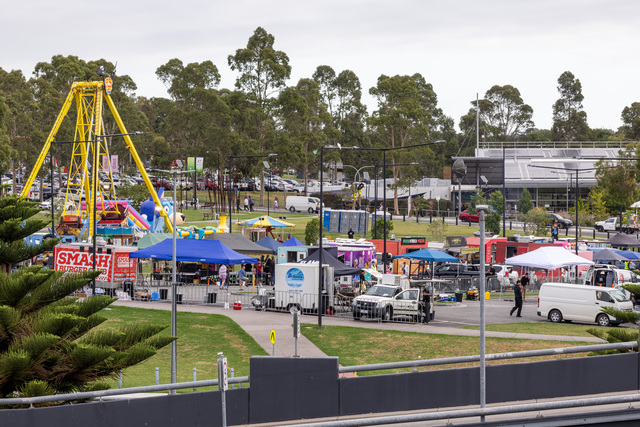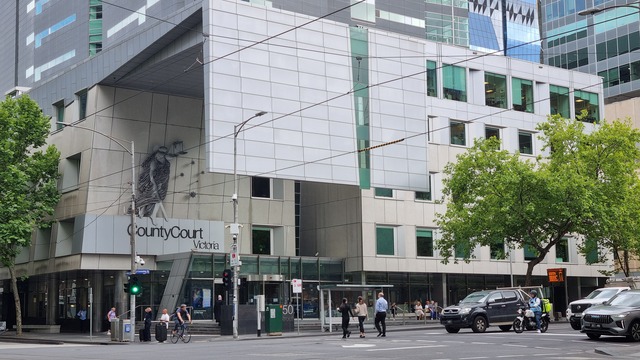FALLOW land at a Dandenong school is set to be converted into a working ‘urban farm’ including a community compost and vegie garden, livestock, a heritage apple orchard and opportunities for unemployed people to get work experience.
St Gerard’s Primary School principal Chris O’Connell said the state-funded $50,000 composting centre will be amenable to its neighbours and bring an under-utilised part of his school grounds to life.
The plan radically expands upon the school’s existing vegie patch, industrial kitchen and greenhouse which are already proving to be therapeutic sanctuaries for students with anxieties and social issues.
Children will also task their minds on maintaining the compost’s nitrogen and liquid levels.
Mr O’Connell said the compost would be fully-enclosed, limiting the escape of noxious odours or the harbouring of vermin.
“The concepts are in basements of buildings or they can be put in shipping containers. It’s quite cutting edge.
“We want to divert our rubbish back to the garden rather than using fertilisers.
“We’ll be using technology to enhance the environment.”
It would be fed by food scraps generated from the garden as well as partly from the school’s families and wider community.
A partnership is also being fostered with Second Bite, which re-distributes food being thrown out by supermarkets, and hosts the company’s work-for-the-dole volunteers.
Community members can get involved by helping in the vegie patch, harvesting and pruning the orchard.
“The aim is that the community comes in and takes part in it.”
Mr O’Connell said the school was working with Greater Dandenong Council on ways to protect neighbouring residents’ amenity.
Council officers had declared the compost was an “industrial use” – prohibited in Gladstone Road’s residential environs – because it was intended to use putrescible scraps from outside the school.
The school has since scaled back the use of outside waste to satisfy the regulations.
Mr O’Connell said livestock such as cows could be kept “nowhere near people’s back fences” and looked after by on-site pastors on weekends.
“There won’t be tractors driving around at all hours,” he said.
Life back in the land

Digital Editions
-

Two Casey playgrounds revamped, help from federal funding
Two new playgrounds have been officially completed in the City of Casey, with financial backing from the Federal Government. With over a million dollars of…















